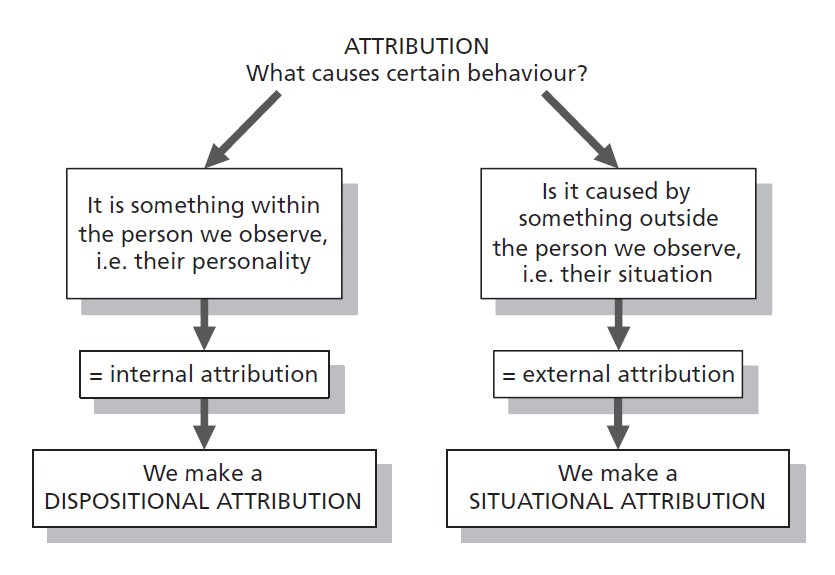- Overview
- Approaches to Learning
- Motivation
- Epistemic Beliefs
- Attributional Styles
- Self-Regulated Learning
- Conception of Teaching and Learning
- Chinese Learners
Attributional Styles
In the following scenario, how would you describe Josies and Mimis views in explaining their examination results? What would you predict their behavior to be in the next math examination? Who will be more likely to persist and work hard? Why?
Setting: Two Primary 5 students in are discussing their math examination results just after receiving their report cards. Both of them got an unsatisfactory grade.
Josie: I told you, I am not made for Math!
Mimi: Dont say so. I think we can both work harder to get a better grade next time.
Josie: No no. I had already given my best.
Mimi: Well, I think I didnt do well because I didnt work hard enough on Chapter three, and I didnt sleep well the night before so my mind was in a fog when I was writing the exam
Q: How does this subtle and subjective attribution of events influence learning behavior?
Research on attribution has such a long standing in psychology because of its pivotal role in predicting one’s emotion and behavior, and such predictive power yields important implications for learning.
For instance, students (Josie in the scenario) who consider dispositional attribution in face of failure will be less likely to exert effort (“why bother, after all, I am not fit for math”) than those (Mimi) who consider an situational attribution (“I will make sure I am not deprived from sleep the night before math exam in next semester) in future similar situations (another math examination).
Furthermore, for the emotive aspect, over-emphasis on internal attribution in face of failure and external attribution in face of success will cause learned helplessness, which means that one will give up and consider that effort will not lead to a meaningful consequence.

Figure 1. Attribution (retrived from http://www.mrgillpe.com/uploads/1/2/9/2/12922833/6777539_orig.jpg)
Q: How do Chinese learners manifest their attributional styles?
Internal attribution (such as “I am stupid”) and external attribution (“I need to work harder next time”) are found to be dichotomized among Westerners.
However, the dichotomy of these two forms of attribution is less clear among Chinese learners, as they normally consider success and failure are explained by exertion of effort, and in the long run, it will polish up one’s ability.
So effort is seen as a means to improve ability. See Chinese Learners (hyperlink)